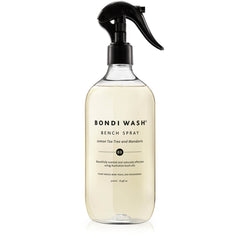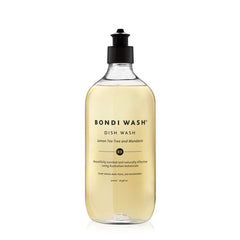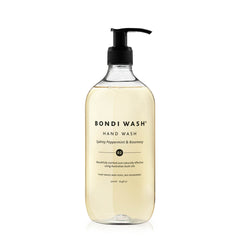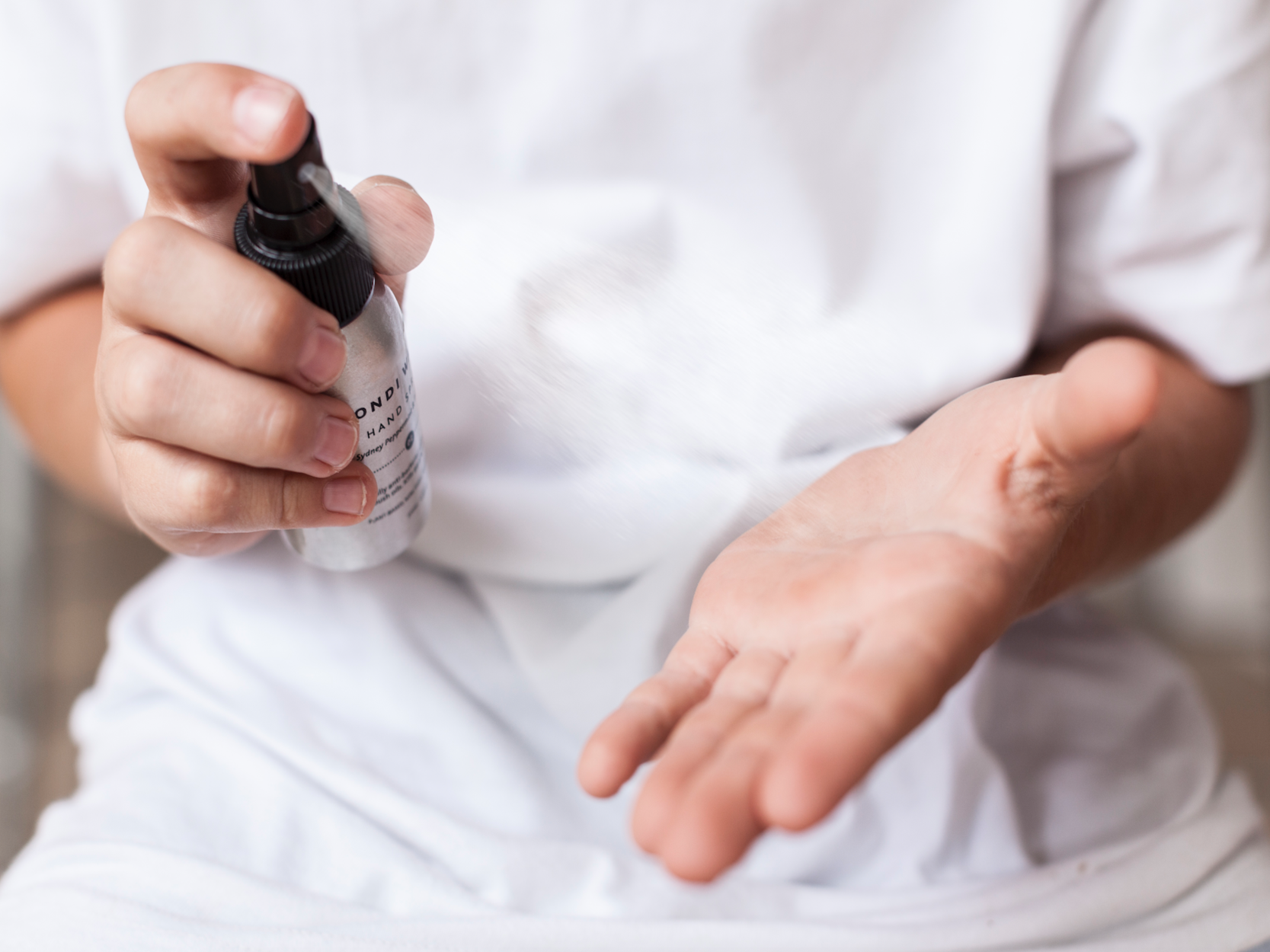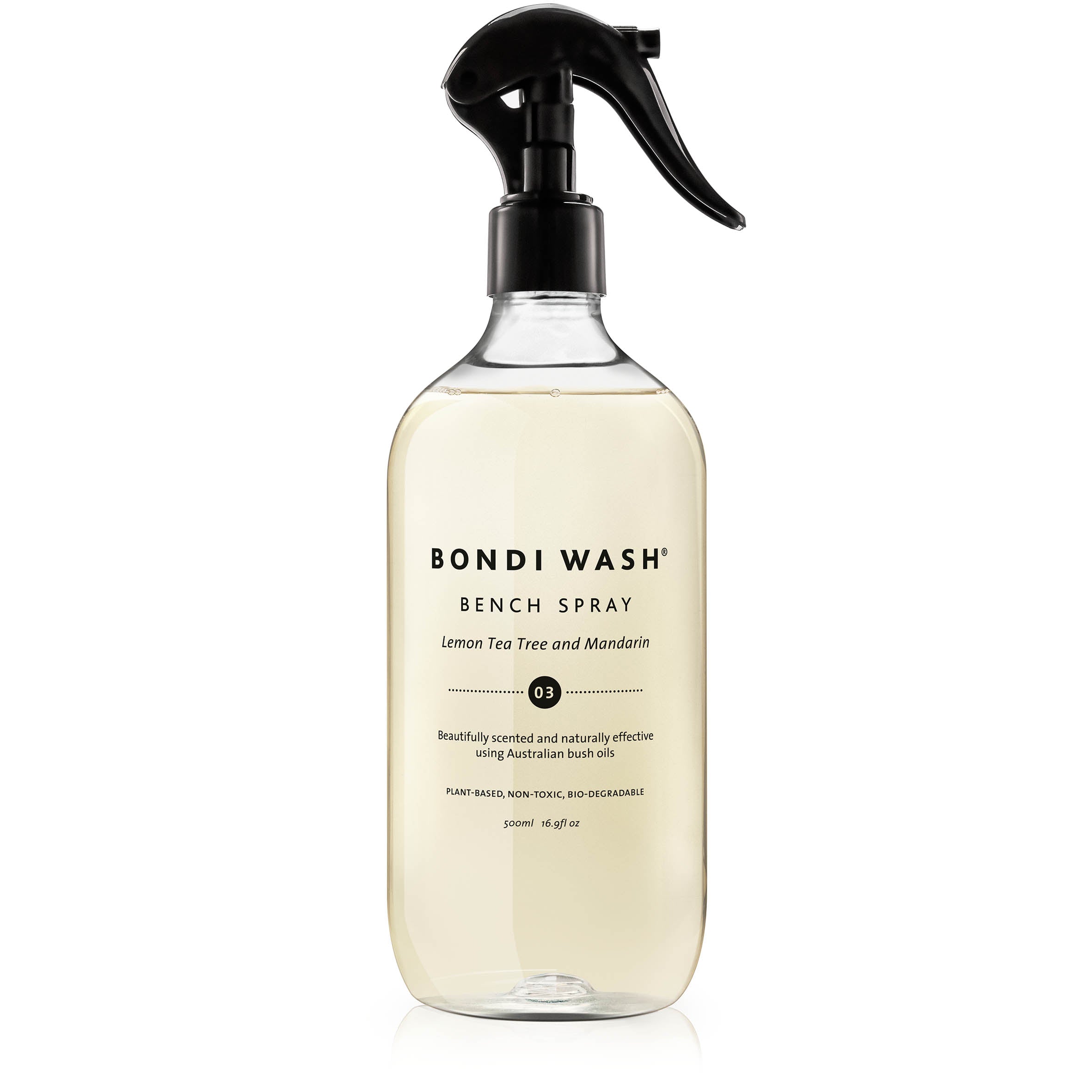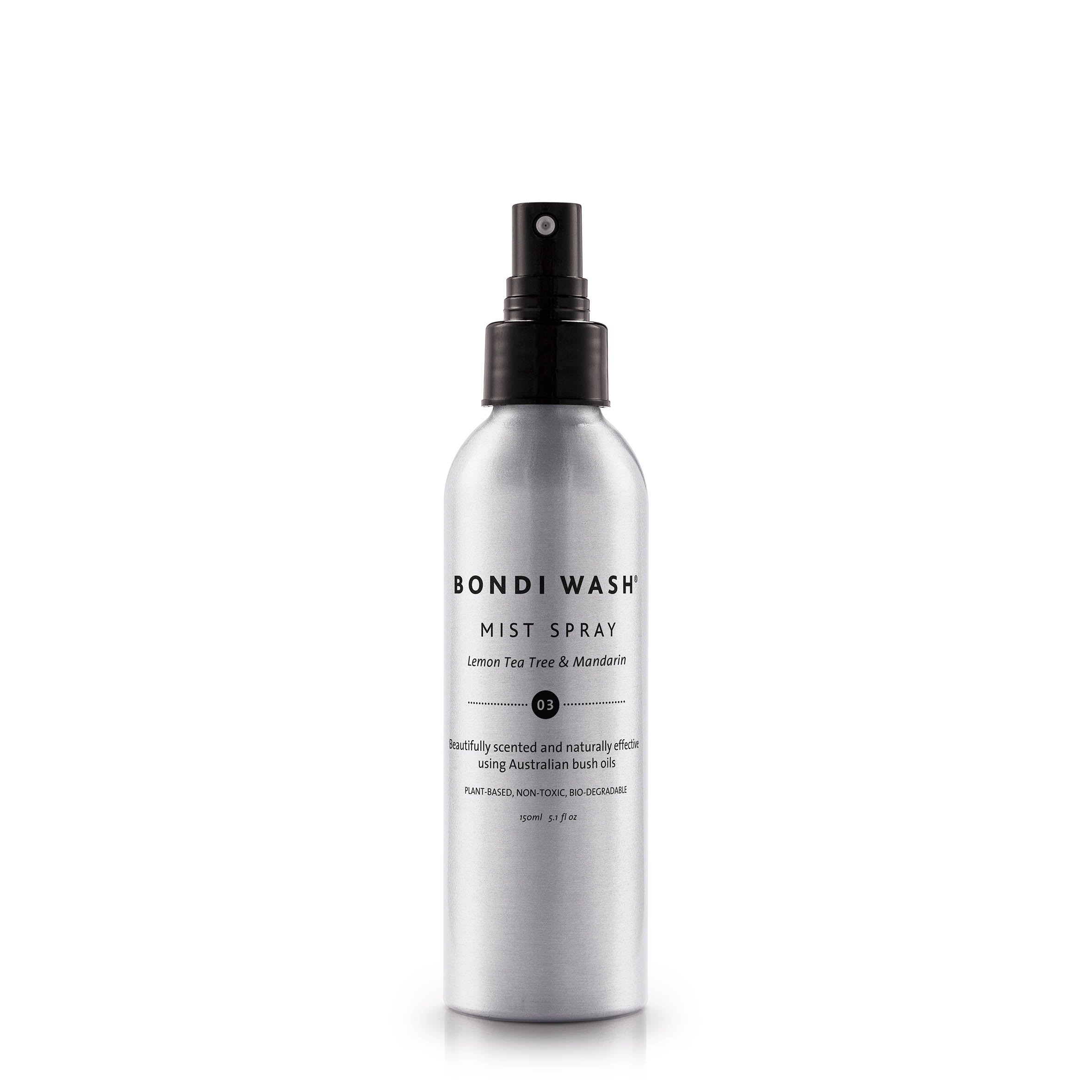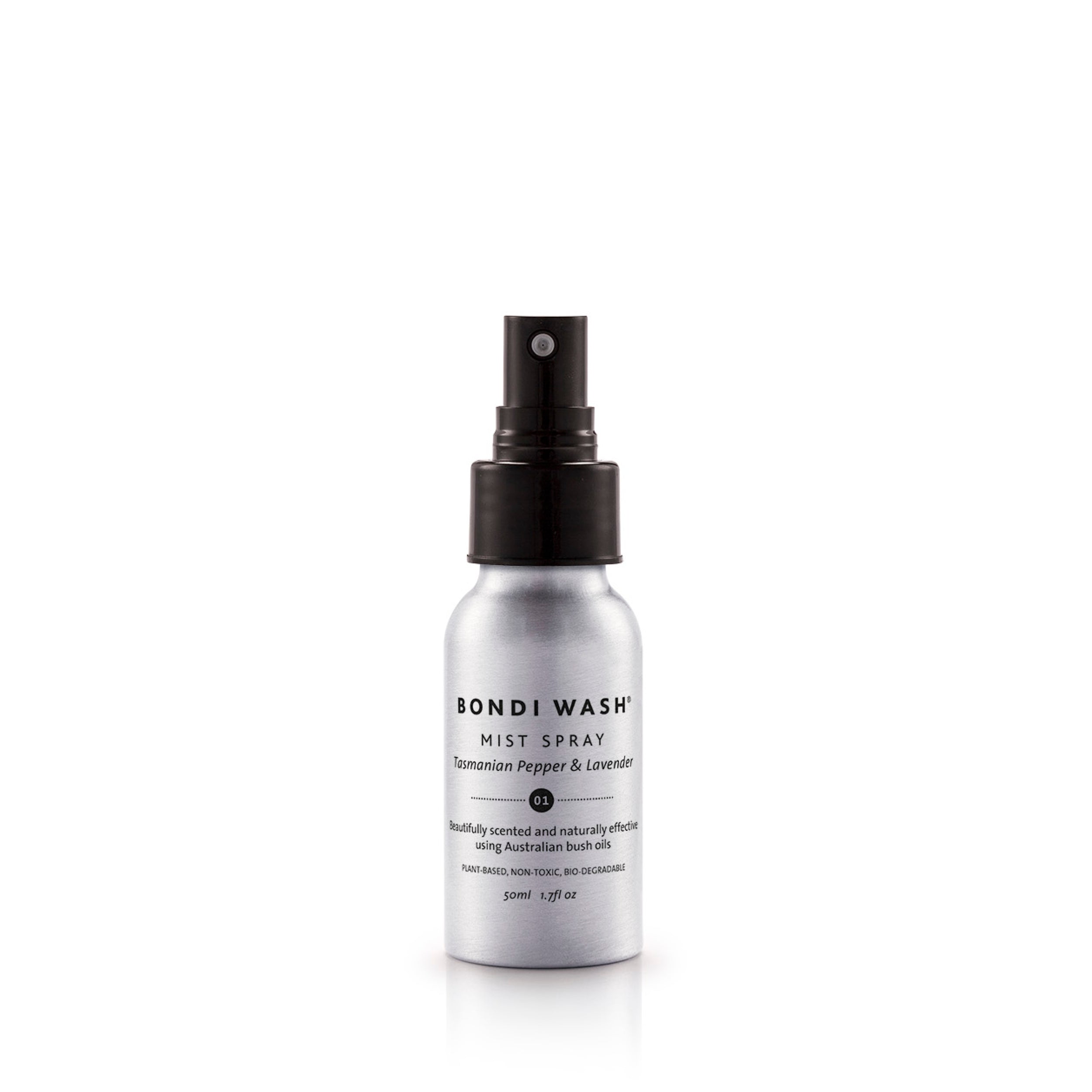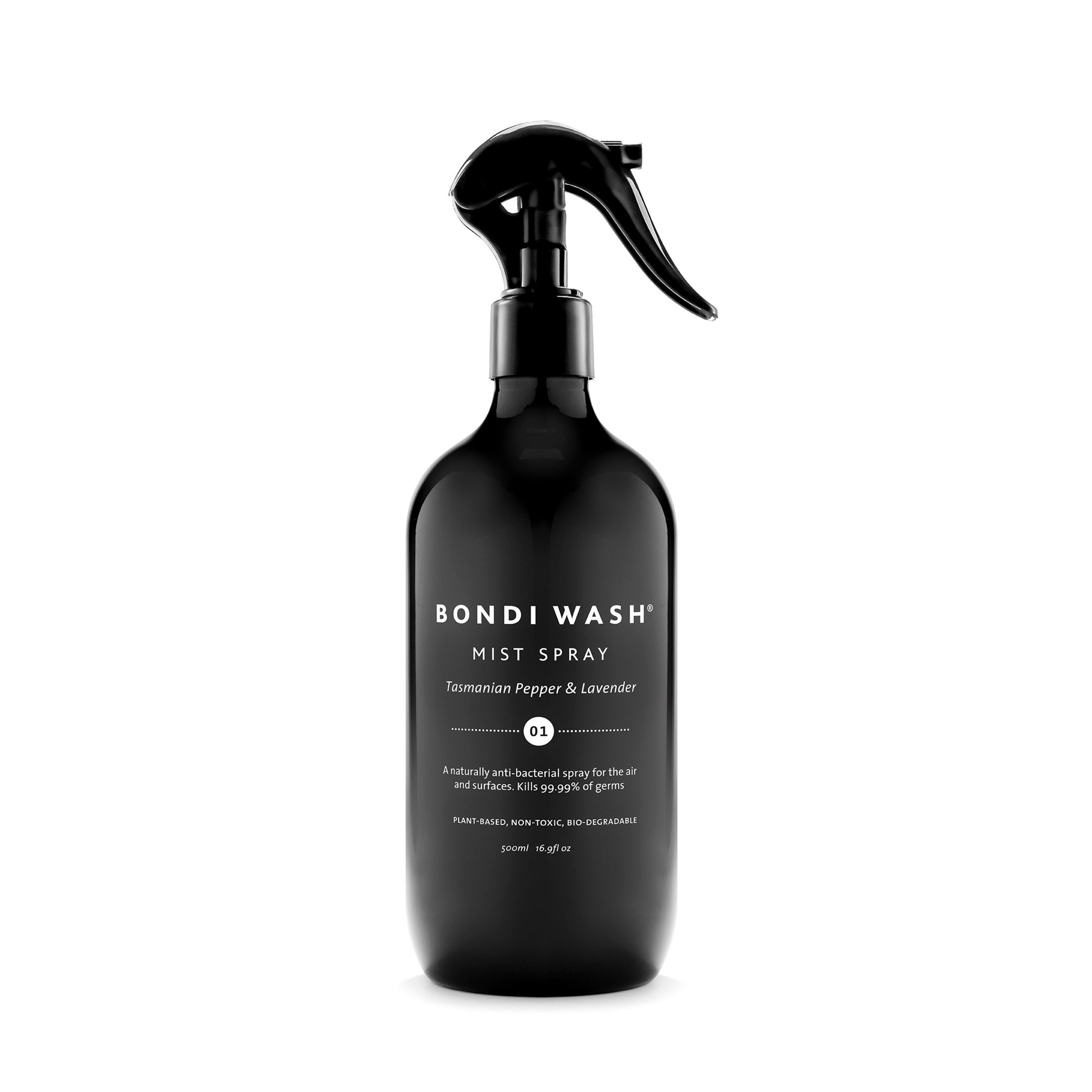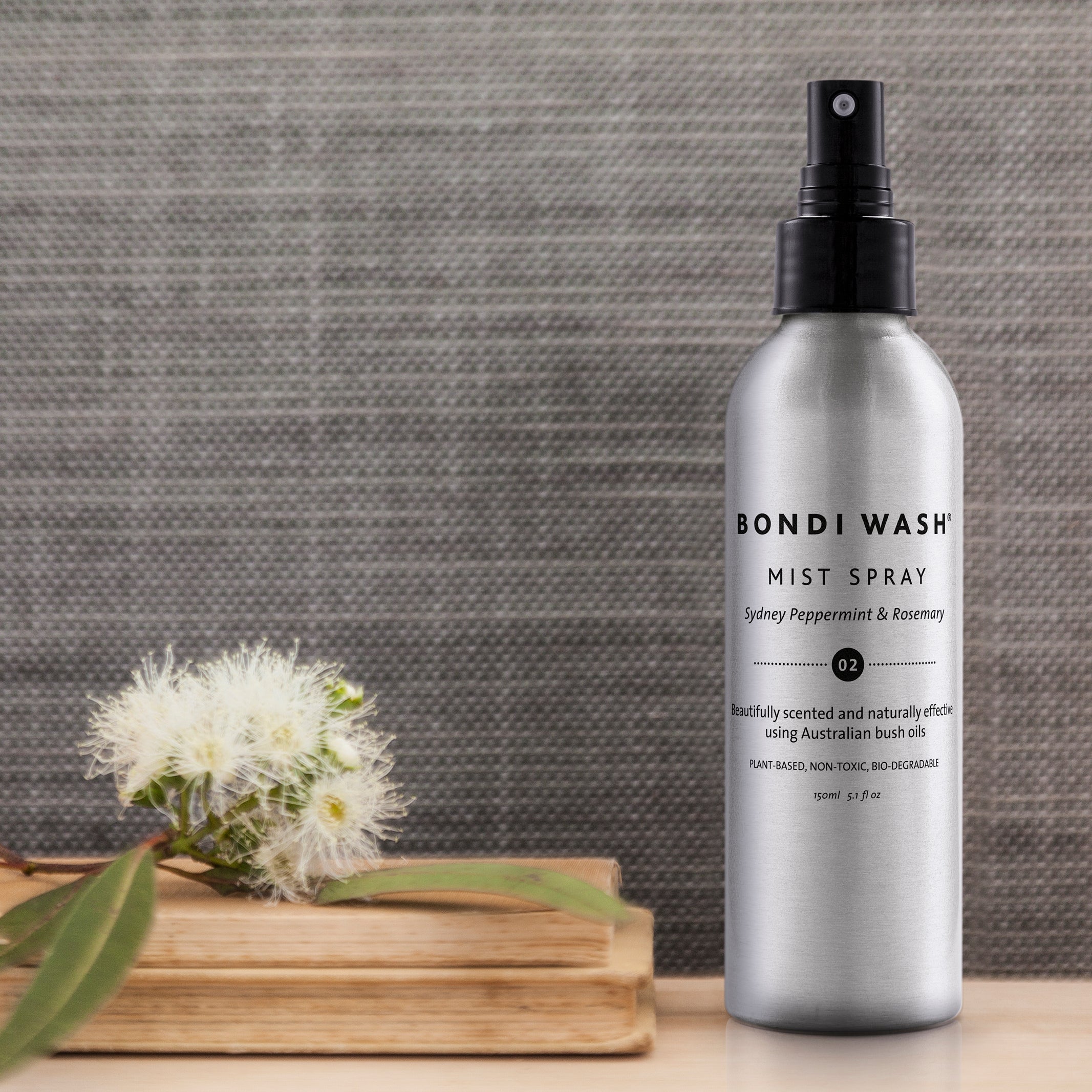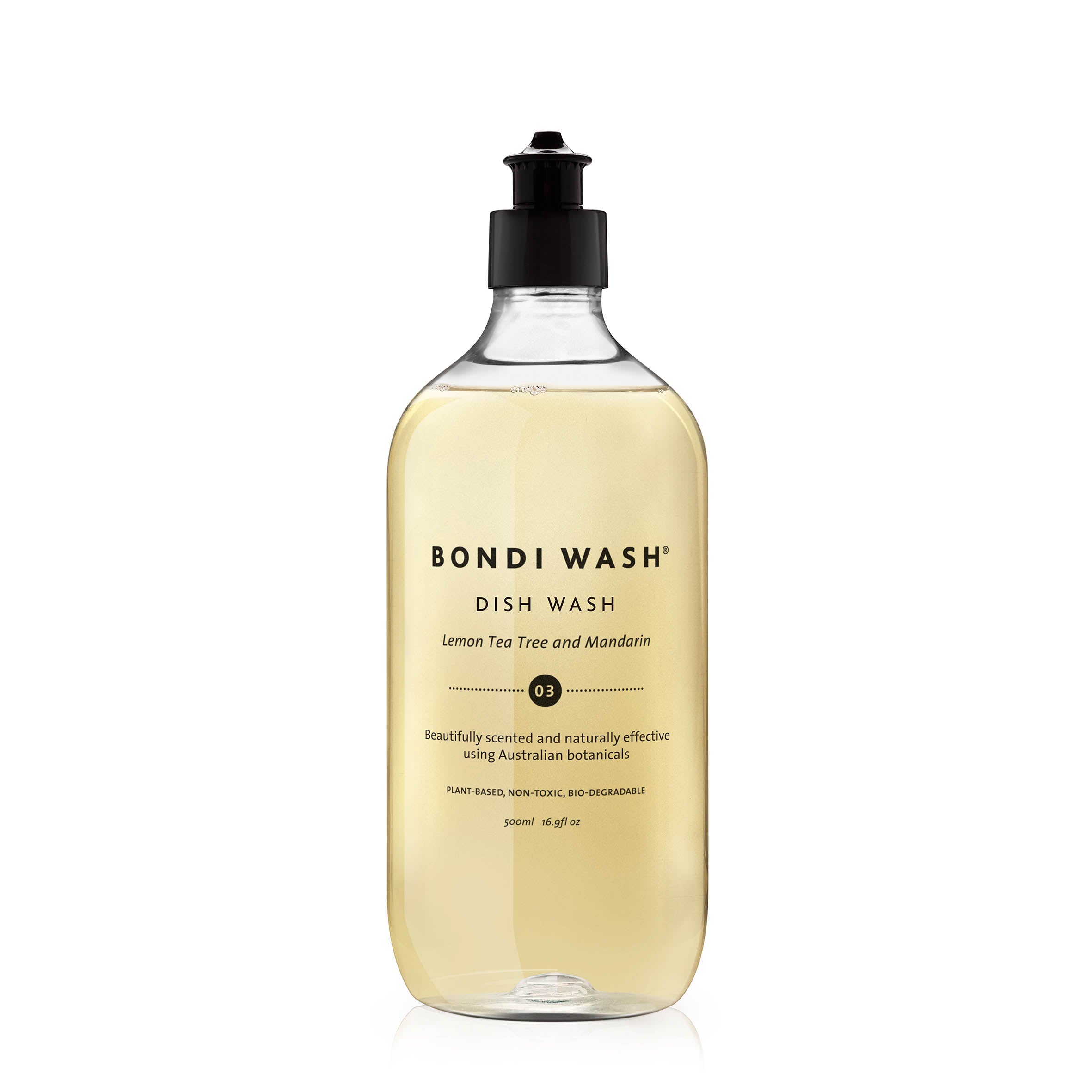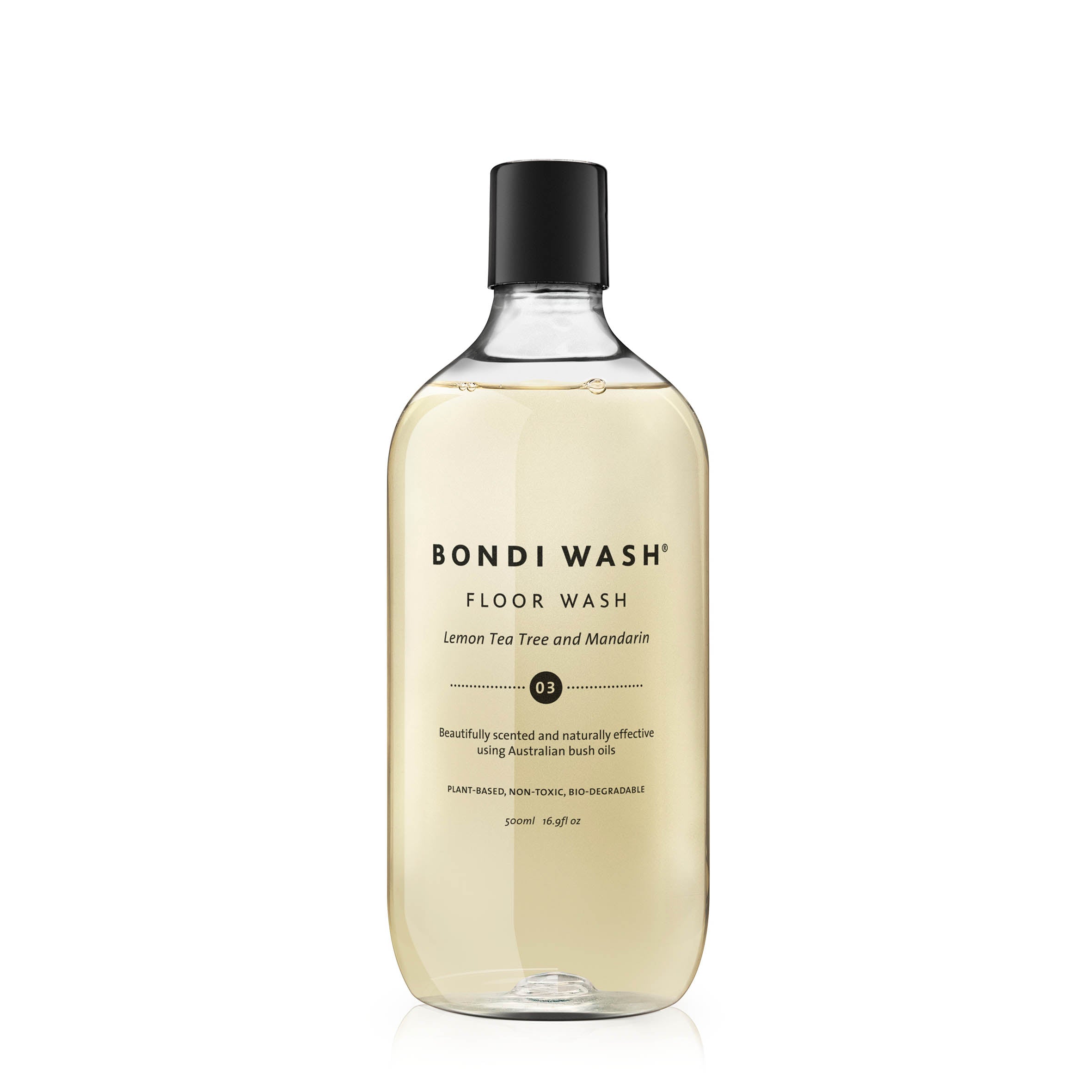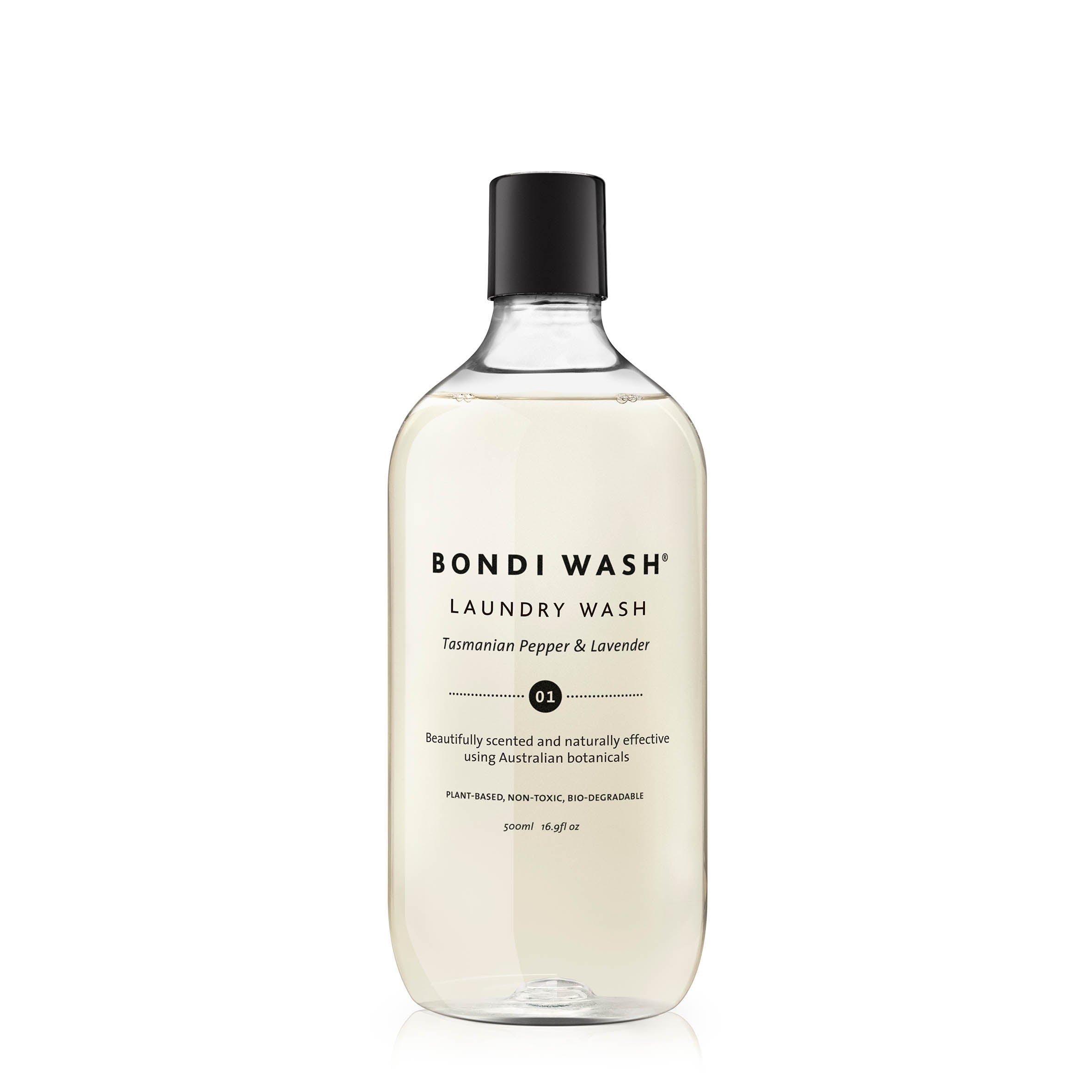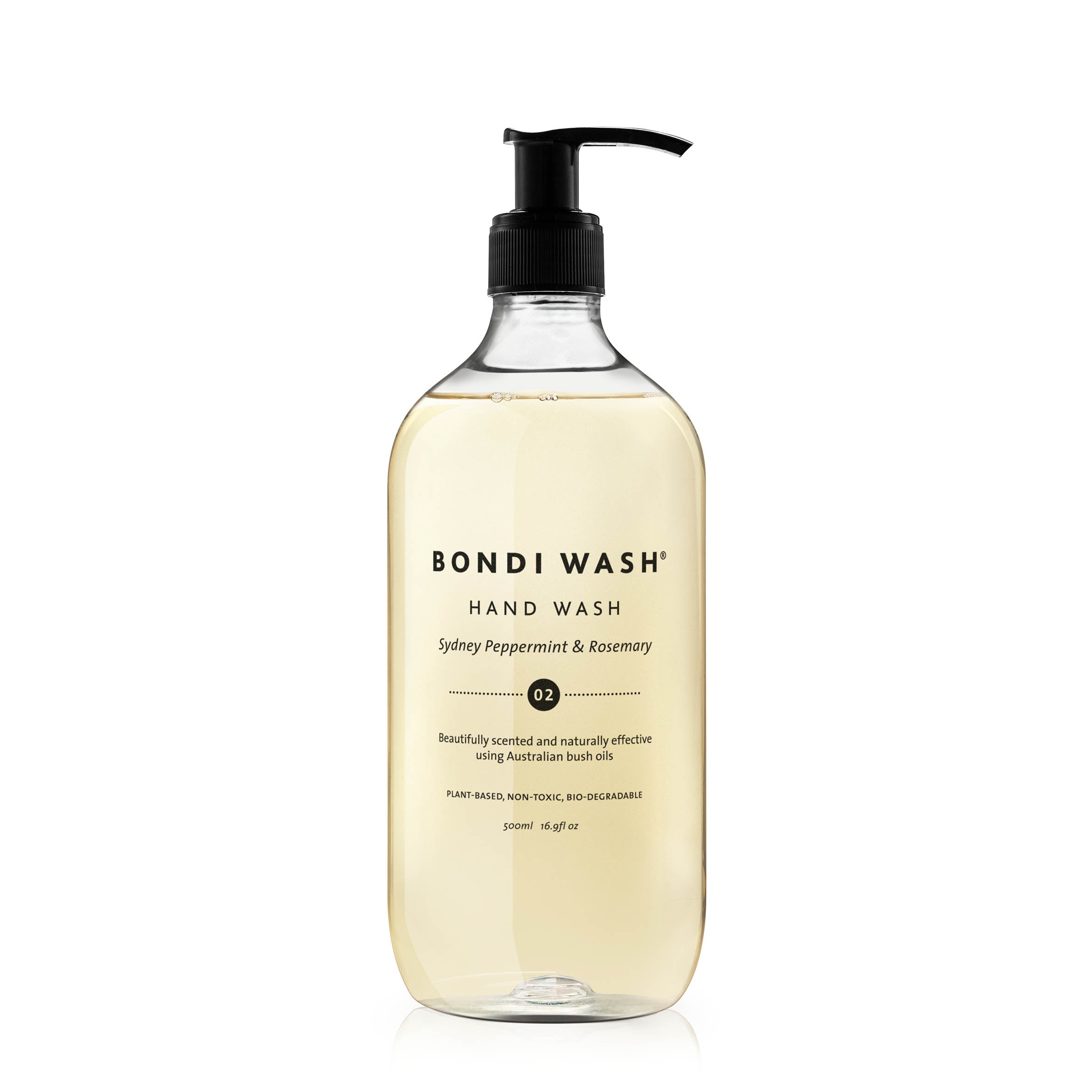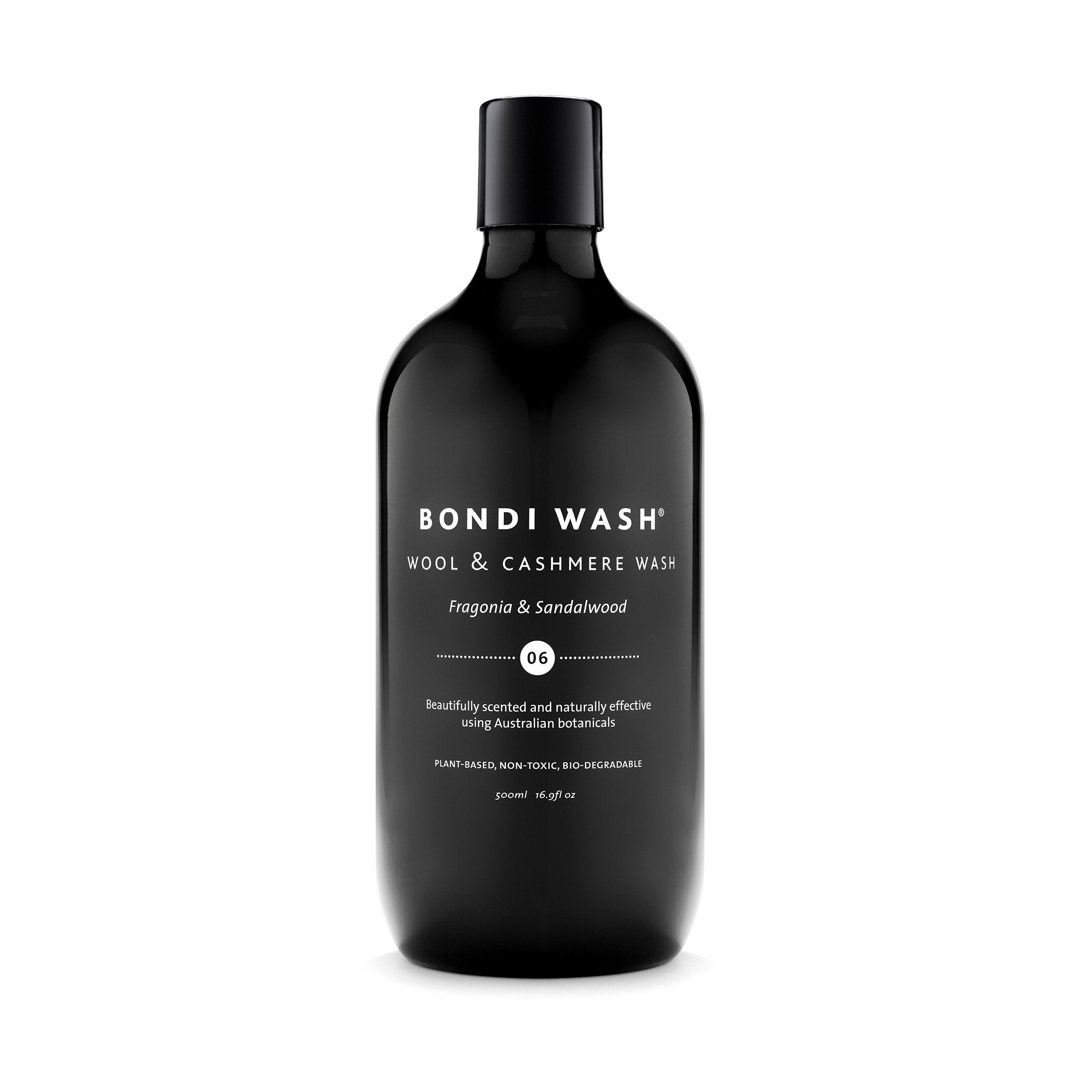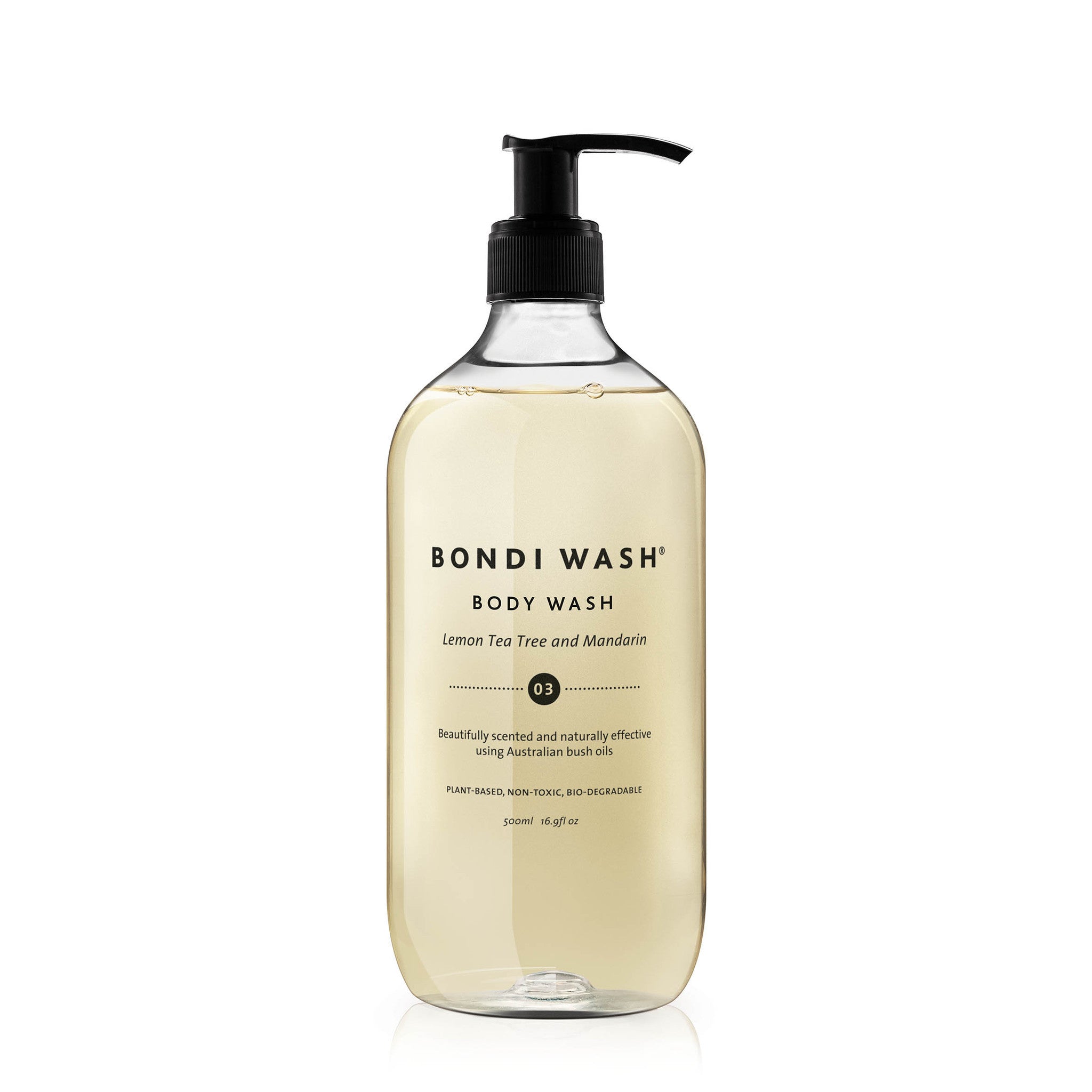The Covid-19 pandemic has created a huge spike in the demand for and usage of hand sanitisers leading to initial shortages in availability and new companies manufacturing these products. There is now an abundance of sanitisers on the market - some of which have cheap, toxic and potentially harmful formulations. How do you tell which to avoid? The only way is to review ingredients lists on the back of the packaging. Here is what we look out for and avoid.
Alcohol types to avoid
While there are many types of alcohol, only two are acceptable for use in hand sanitisers – ethyl alcohol (ethanol or alcohol) and isopropyl alcohol (isopropanol or 2-propanol). Alarmingly, the FDA in the US has discovered two potentially toxic types of alcohol used in hand sanitisers that sound very similar to their approved and safe to use counterparts:
- Methanol or methyl alcohol: Methanol, also known as wood alcohol, is a highly toxic form of alcohol that is used to make rocket fuel and antifreeze. It should not be rubbed on the skin or ingested. If swallowed, it can lead to serious health problems, including headaches, nausea, coma, seizures, permanent blindness, or death.
- 1-Propanol or 1-propyl alcohol: 1-Propanol is a major substance used in industrial cleaning products and can also be toxic to humans when swallowed. Ingesting a hand sanitiser with this ingredient can result in severe symptoms, such as breathing difficulties, decreased heart rate and death.
The best form of alcohol to look for in a sanitiser is certified organic. This is significantly more expensive and may be hard to find in a sanitiser, which mostly use alcohol denatured, which is alcohol blended with chemicals like methanol, benzene or acetone to make it unappealing for human consumption (to discourage anybody from drinking it).
Other ingredients we avoid
Benzalkonium chloride: Benzalkonium chloride has recently been banned in Europe, with other countries beginning to examine its impact. Horror stories with reported reactions include rashes, blisters and skin irritation, breathing difficulties, eye conditions, swollen lips and gastrointestinal injuries causing inflammatory bowel disease. Despite this, the chemical is still approved in Australia and continues to be used in households and schools. It is commonly found in hand sanitisers and household products such as laundry sanitisers and toilet cleaners, as well as personal products such as anti-bacterial soaps. Benzalkonium chloride goes by a lot of names (BZK, BKC, BAK, BAC) making it difficult to know whether you’re using it or not. Reading the labels which list ingredients is the only real way to avoid these ingredients here in Australia – until regulations catch up. See this article for more information on benzalkonium chloride.
Triethanolamine. This ingredient receives a score of 5 on the EWG database (1 is considered best, 10 worst in terms of its potential impact on both human health and the environment. It is a pH adjusting chemical that smells a little like ammonia.
Synthetic fragrance. A ubiquitous ingredient in many sanitisers - it provides the scent to the product. The issue with this term 'fragrance' is what may be hidden within. It's impossible to know. Synthetic fragrances and whatever else is hidden within the label term can be safe for the skin but they can also can contain a range of toxic ingredients including phthalates, styrene and synthetic musks. EWG assigns synthetic fragrance a rating of 8 with many studies revealing the impacts it is having on human health, especially respiratory health, and the environment.
We have developed a natural, low alcohol anti-bacterial Hand Spray that has been independently lab tested to confirm it ‘kills 99.99% of germs’ naturally. Unlike other natural hand sprays, our formula utilises the power of Australian native botanicals for their potent anti-bacterial properties, reducing the percentage of alcohol to well below the 60%+ present in many other commercial brands, making it less drying for the skin but still highly effective. We use certified organic alcohol in the formulation rather than alcohol denat. which is predominantly used in sanitiser formulations.
See what our lovely customers have to say about our Hand Spray below.
![]()
No more dry and irritated skin
Wow wow wow!! I didn't think it was possible to find a non drying and non irritative hand sanitiser until I met this beauty! I’m not afraid of using hand sanitiser any more, if you have found your hands being brutally damaged by off the shelf sanitiser then do yourself a favour and try the Bondi Wash hand spray...it’s AMAZING!
- Natasha R
![]()
Doesn't dry the skin
Smells amazing, doesn't dry and it works.
- Anita A
![]()
5 Stars
Makes continually using a sanitiser a more pleasant experience and I don't feel I need to limit my use as I know it is not harming my hands.
- Kate D

